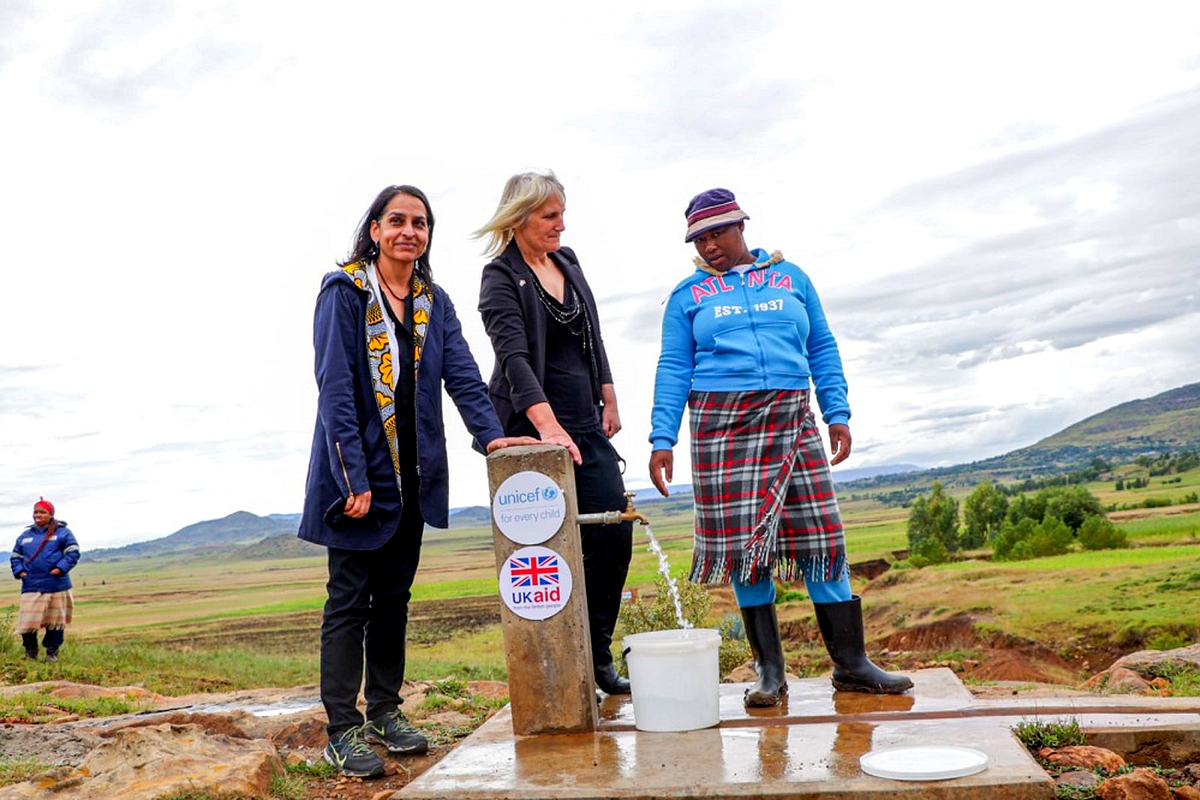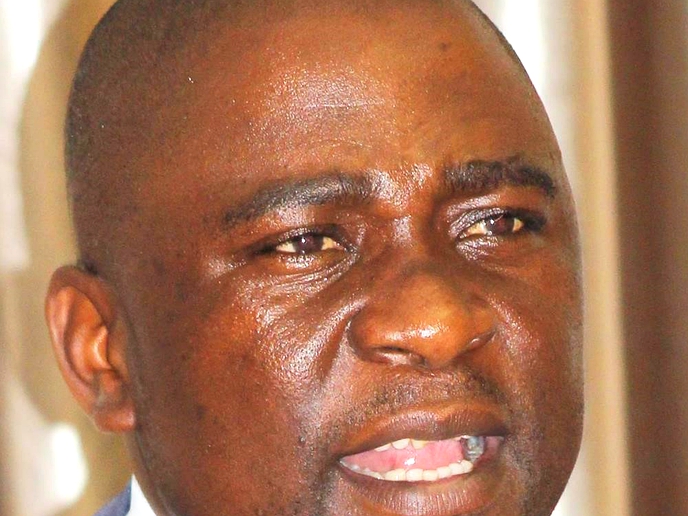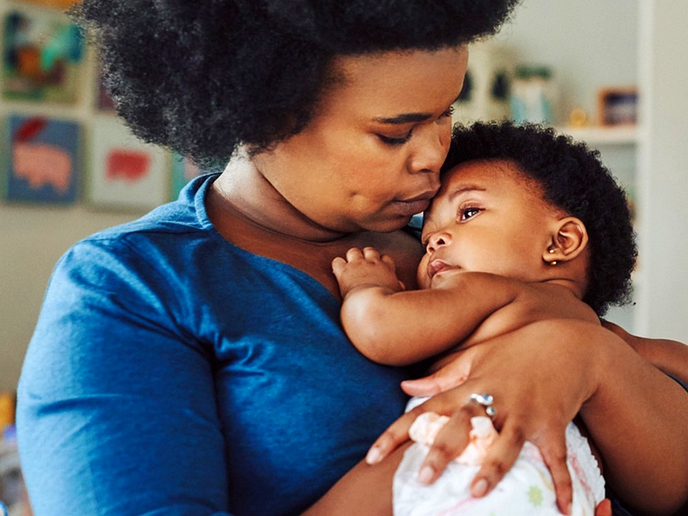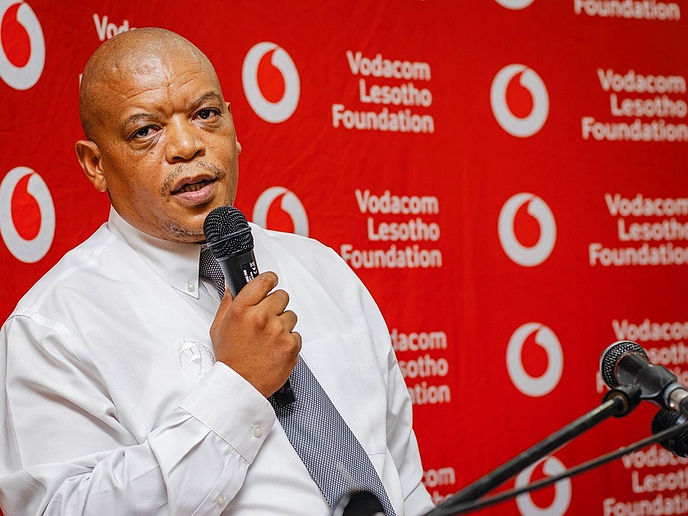UNICEF in partnership with the Ministry of Water Affairs will construct 79 rural water supply systems in seven most drought prone districts of Lesotho, where access to drinking water is extremely costly for the most vulnerable people living in the rural areas.
health
March 16, 2022
LINEO MABEKEBEKE
3 min read
UNICEF water supply reaches destitute rural communities

UNICEF's Anurita Bains and British High Commissioner to Lesotho, Anne Macro hand over a water tap to a member of community
Story highlights
On Monday, UNICEF and UK-AID visited Kolo in Mafeteng, Makhaleng Primary School in Mohale’s Hoek and Askop Primary School in Quthing to handover the water systems to learners and communities.
UNICEF with UK-AID are pursuing these interventions across the country to give a chance to children and their families to have access to safe drinking and clean water under the Water, Sanitation and Hygiene (WASH) services.
The initiative has restored water supply to 22 communities, 70 schools and 12 health-care facilities in Lesotho. It is benefiting 100 000 people including 15 000 learners who now have access to safe drinking water.
Acting Principal at Makhaleng Primary School, Rethabile Mokhele, said they were now able to practice WASH, which includes washing of hands, toilet washing and classrooms cleaning.
Mokhele said the availability of water had now changed learners’ lives because they previously did not have access to clean water, having to collect water from unclean dams and boreholes - putting them at greater risk to get ill.
UNICEF Country Representative, Anurita Bains said they also worked to improve the availability, safety and accessibility of latrines for children, girls and women, as well as the elderly and persons with disabilities.
She said water scarcity limited access to safe drinking water and for practicing basic hygiene at home, schools, clinics and hospitals.
“It takes a greater toll on women and children because they are often the ones responsible for collecting the water,” Ms Bains said.
“When it’s further away, it requires more time to collect, which means less time to study for learners.”
Particularly for girls, she said water shortages in schools was impacting students’ enrolment, attendance and performance.
Enjoy our daily newsletter from today
Access exclusive newsletters, along with previews of new media releases.
Carrying water over long distances is an enormous physical burden and exposes children to safety risks as well as exploitation.
“When water is not piped to the home, the burden of fetching it falls disproportionately on women and children, especially girls,” Ms Bains said.
British High Commissioner to Lesotho, Anne Macro said it was clear climate change was increasingly denying children their right to safe drinking water and sanitation.
She said in response to climate crisis, which was made worse by the effects of COVID-19 lockdowns, the British government had approved a programme of support to some countries in southern Africa.
The programme will provide assistance in the areas of water, sanitation, child protection, nutrition and livelihoods.
UNICEF works with schools, clinics and hospitals to improve access to basic water, sanitation and handwashing facilities.
The UN agency also establishes protocols for preventing and controlling infections. It is committed to making all WASH programmes sustainable and adaptive to climate change, constructed and rehabilitated water systems to address increasing water scarcity.
The United Nations’ Sustainable Development Goal for water and sanitation, Goal Six, calls for universal and equitable access to safe and affordable drinking water by 2030.
Tailored for you






